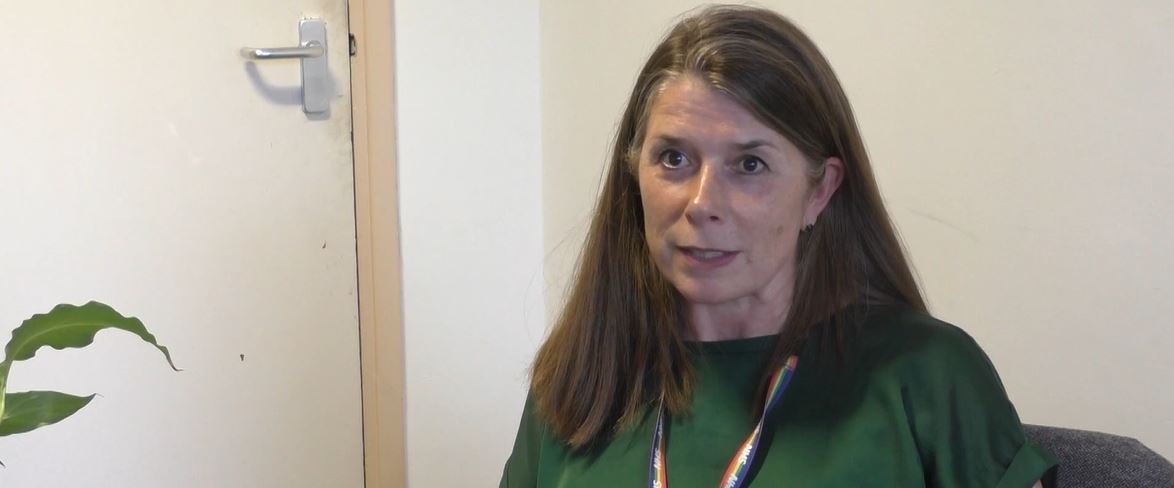
News
‘A problem shared is a problem halved’ – Mental Health Awareness Week
We’re observing Mental Health Awareness Week from 15 to 21 May. This year the theme is anxiety – a very common emotion, which can easily become a significant mental health challenge.
“Mental Health Awareness Week is important because it really helps people to understand how mental health is everybody’s business. We all have mental health, and need to think about our wellbeing, and by having a promotional week, it emphasises the need to be thinking about our own mental health and the people close to us, including the people we work with,” said Dr Rachel James, Clinical Services Director at the Tavistock and Portman NHS Foundation Trust.
Anxiety is something that is common to us all. It is our natural response to stress or perceived threat that can help to keep us safe from harm and motivate us to take action. However, for some people anxiety can become constant, or emerge when there is no apparent stressor, and they might notice feelings of unease or apprehension, worry or fear related to different parts of their lives. In a recent mental health survey, a quarter of adults said they felt so anxious that it stopped them from doing the things they want to do some or all of the time. Six in ten adults feel this way, at least some of the time.
Rachel said: “Anxiety is an interesting thing – we need it to keep ourselves alive but it can become a hindrance. In our everyday lives, we do things that activate our anxiety response, like at this time of year, we have exams coming up for young people, GCSEs or A Levels, or other courses. A little bit of anxiety is helpful because it helps us to fine tune our performance. The challenge is when it gets out of control and feels like it’s taking over.”
Anxiety is something that we all experience and thankfully, there are many things we can do to manage our anxiety and support others, from exercising and meditating to deep breathing and talking about how we feel.
“The same approach doesn’t work for everybody,” said Rachel. “Mental Health Awareness Week really emphasises that there are so many things we can do to look after ourselves, and also notice when other people might be feeling anxious. Because we might interpret certain behaviours a certain way but by having a conversation with somebody we might find out it’s driven in part, through their anxiety.”
Talk about it
Anxiety can affect anyone, and people get anxious about all sorts of things. Take Rachel for instance. She sometimes faces work-related anxiety at bedtime, but writing down her worries often helps.
“One of the things that can happen to me if I’m anxious about something at work, or equally if I’m excited about something – it’s also a similar response – is my sleep can get affected and I can start really thinking about whatever it is I’m worrying about during the middle of the night, and it can feel really, quite huge. But if I make a note of it and look at it in the morning, I can often problem solve a bit easier than if I’m really worrying about it. I do try and keep a book by my bed as much as possible, so that’s an example of something I do which can seem a bit silly but for me it works.
“One really helpful thing to do is just to talk to people about what the worries are, and actually there’s a reason why we have the saying ‘a problem shared is a problem halved.’ Thinking with others about what the issues are can be really helpful. And that could be a work colleague, a family member, a sibling, a parent or carer or somebody in a health or care environment – a GP or health professional. All those things can really help to make a difference,” said Rachel.
If talking to someone you know doesn’t help, or your anxiety is impacting your life in significant ways, there are also a range of evidence-based interventions available to treat anxiety. The important thing, Rachel says, is making the choice that’s right for you.
Follow us during Mental Health Awareness Week for more conversations about anxiety.
